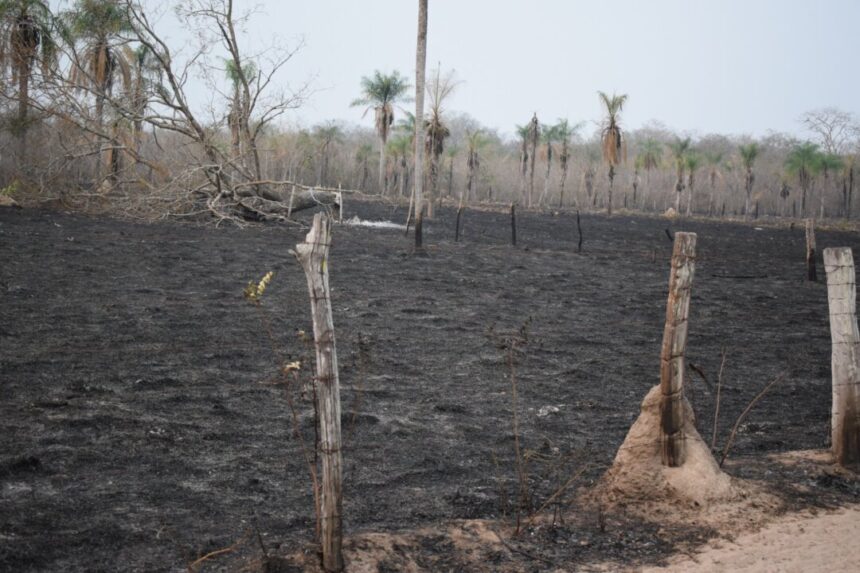In 2024, an unprecedented number of fires ravaged protected areas, destroying indigenous homes, farms, and animals. In the Bolivian Amazon alone, over 24 million acres of land have been consumed by wildfires, breaking records for the number of fires and deforestation levels. The fires, blamed on a federal land grant program that relocates farmers to Amazonian areas, have been exacerbated by private interest groups involved in mining, logging, and drug trafficking.
Despite laws against burning forested land in Bolivia, legal loopholes allow residents to obtain government permits for large-scale forest clearing. The resulting smoke has led to health issues for residents in affected regions, with thousands treated for wildfire-related complications. The loss of biodiversity and rare fauna adds to the devastation, leaving many communities displaced and struggling to recover.
The fires in Bolivia are part of the annual dry season, when farmers and ranchers conduct burn-offs to clear their land. The government’s land grant program, offering free plots of land in exchange for clearing and farming, has drawn poor farmers from western departments to Amazonian regions. However, the lack of support for responsible land clearing has led to widespread deforestation and environmental destruction.
The program, initiated under former President Evo Morales and continued by the current administration, has faced criticism for its impact on the environment and indigenous communities. Efforts to address the root causes of the wildfires and deforestation are crucial to prevent further devastation in Bolivia’s Amazon. Following that, a large amount of gasoline is dumped in the wilderness and set ablaze, with no efforts made to control or contain the fire.
In August, a coordinated operation by ABT and the police led to the arrest of two individuals in possession of 17 barrels of gasoline in the La Chonta Forest Management Area. This incident highlighted concerns about arson attempts in the region.
Accusations have been made against ABT for allegedly promoting wildfires and deforestation through the issuance of permits. However, the agency has denied these allegations and emphasized its commitment to monitoring and protecting the country’s forest resources.
Despite these controversies, new program recruits continue to arrive in Santa Cruz, eager to take advantage of the free land offered to them. However, some critics view this land grant program as a scam, with individuals being left in remote areas without basic amenities or services.
The devastating impact of wildfires on biodiversity in Bolivia is evident, with the loss of flora and fauna reaching catastrophic levels. Biologist Huascar Bustillos has witnessed firsthand the destruction caused by fires in different parts of the Amazon, particularly this year.
Areas like the Chiquitania and the Pantanal have suffered significant damage, affecting thousands of plant and animal species. Bustillos has observed the devastation in the Otuquis National Park and other regions, highlighting the urgent need for conservation efforts.
The impact of wildfires extends beyond environmental damage, affecting local communities and wildlife. Bustillos recounted the harrowing stories of indigenous communities forced to relocate and the loss of honeybees due to smoke inhalation.
Reports estimate that millions of animals have perished in the fires, underscoring the urgent need for action to prevent further destruction. Bustillos emphasized the long-term consequences of wildfires on biodiversity, stressing the importance of conservation efforts to restore damaged ecosystems. Please rephrase
Source link





